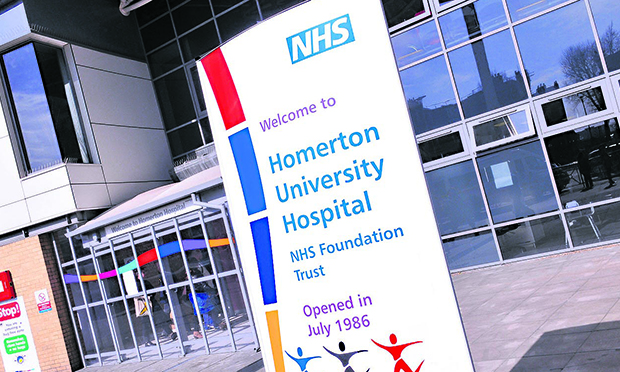Patients urged not to avoid A&E in emergencies as attendance rates fall dramatically

The Homerton Hospital is urging its patients not to avoid A&E in emergencies against the background of a dramatic drop in attendance rates.
Attendances at the local emergency ward averaged at just under 150 per day for the past month, in comparison to an average of around 350 daily in November.
The hospital has said that fewer accidents will be happening during lockdown, with a lower injury rate during fine weather and the hospital not having to deal with the usual ‘weekend squeeze’ of admissions due to sports injuries and alcohol consumption in particular.
However, patients are being reminded to seek emergency care if required, as delays in getting urgent treatment lower the chances of recovery, or increase the time taken to get a patient back to full health.
A Homerton Hospital spokesperson said: “There probably are people out there who may be scared to come near a hospital because of the attention given to the deaths at the hospital, or they may also feel that they don’t want to leave their homes.
“People need to recognise that if they are feeling ill or sick, they need to come to the hospital. We have an outstanding A&E, and if you, your children or your relatives are feeling ill, call an ambulance or get to the A&E department, which is open 24/7.”
The spokesperson added that the Homerton is “slowly returning to normal” as local cases begin to drop off, with staff who had been sick or self-isolating returning to the front line.
There have been over 120 deaths at the Homerton, which is currently treating fewer than 40 covid-positive patients. Nearly 250 people have been discharged. The hospital’s Starlight children’s ward, which had been turned over to critical care in order to help oxygen flow throughout the hospital, has now been returned to normal operation.
Other wards are also understood to be starting to prepare to return to normal activity as the pressure is relieved from critical care in the hospital.
The spokesperson added: “Before this crisis, we were the best performing hospital in the country for waiting times for routine surgery. All that went out the window with the crisis, so we need to start getting that back to normal at some point.
“Normality takes time to plan, unlike emergencies, where you clear the decks and everybody’s focused on what needs to be done. Getting things back to normal is a much slower process.”
